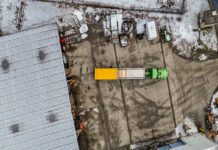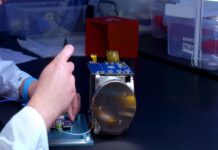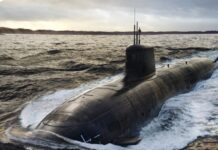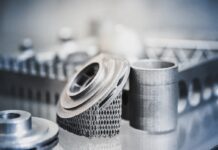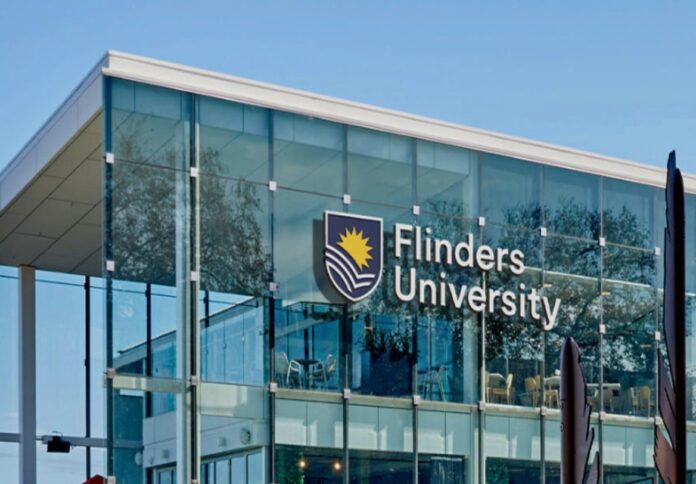
South Australia’s defence research capabilities are set to receive a substantial boost through a collaboration between Flinders University and a prominent United States Navy research centre.
The landmark deal, known as the Cooperative Research and Development Agreement (CRADA), was established with the Naval Undersea Warfare Centre (NUWC) Division Newport, aiming to advance joint research efforts between the United States and Australia related to undersea technology.
NUWC Division Newport serves as the US Navy’s comprehensive hub for research, development, testing, evaluation, engineering, and fleet support related to submarine warfare systems and other components of the undersea battlespace.
The CRADA outlines the commitment of Flinders University and NUWC Division Newport to collaborate in identifying and pursuing cutting-edge research projects and initiatives focusing on undersea technology.
This historic collaboration brings together Flinders University’s world-class researchers and the undersea experts at NUWC Division Newport, leveraging their complementary skills, capabilities, and technologies to address critical challenges and opportunities in naval operations at an accelerated pace.
The CRADA also creates opportunities for Flinders University researchers to devise swift solutions, form future partnerships, exchange skills, and undergo on-site training to develop expertise in undersea technology.
This contribution will further the interests of both Australia and the United States, strengthening the bonds between the two nations.
This agreement signifies a significant step in fostering closer research cooperation between the United States and Australia, particularly in the context of the largest infrastructure investment in Australia’s history.
It underscores South Australia’s strategic importance at the core of Australia’s ongoing naval shipbuilding program, encompassing both pillars of the AUKUS alliance.
The SSN-AUKUS submarine program, set to peak in 20 to 30 years, will generate approximately 5,500 direct jobs for submarine construction in South Australia.
South Australian Premier Peter Malinauskas mentioned that building ships and submarines in their state would not only generate numerous jobs at Osborne but also contribute to elevating the complexity of their economy.
This, in turn, would lead to an improved standard of living for their state.
“I congratulate Flinders University on its leadership in seizing on the opportunity presented to our state by the AUKUS partnership,” the premier noted.
Minister for Manufacturing and Innovation Susan Close noted that Flinders University’s international recognition in advanced manufacturing positions it to potentially create more highly skilled jobs in their state as they prepare to deliver AUKUS submarines.
“This new partnership builds upon relationships that Flinders University has already established to become a home of international nuclear expertise,” Close stated.
Meanwhile, Flinders University’s President and Vice-Chancellor Professor Colin Stirling underscored that their collaboration with NUWC Division Newport ushers in a new era in undersea technology research.
Prof Stirling said, “Flinders is proud to be at the forefront of advancing submarine defence capabilities in Australia. This landmark collaboration reinforces Flinders’ position as a global leader in underwater technologies and underscores our dedication to innovative research.”


